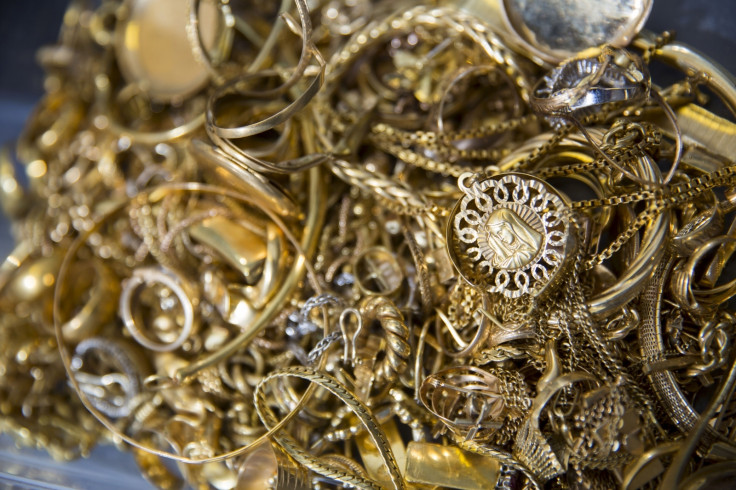Nearly $3m worth of gold and silver discovered in Switzerland's sewers each year
Researchers say that in some regions "concentrations of gold in sewage sludge are sufficiently high for recovery to be potentially worthwhile".

Nearly $3m (£2.26m) worth of gold and silver end up in the sewers of Switzerland every year. Scientists at the Swiss Federal Institute of Aquatic Science and Technology (Eawag) estimated that around 43kg of gold and 3,000kg of silver, as well as several other precious elements end up in wastewater annually.
The researchers said that around $1.5m worth of gold and silver each pass through Switzerland's wastewater, adding that other metals such as gadolinium (1,070kg), neodymium (1,500kg) and ytterbium (150kg) also end up in the nation's sewage system.
Despite the massive amounts of gold and silver deposits uncovered, the researchers say recovery of the metals from wastewater sludge is "scarcely worthwhile" except in certain cases.
For instance, in certain sites in the Ticino region, scientists estimated that "concentrations of gold in sewage sludge are sufficiently high for recovery to be potentially worthwhile". This is primarily due to the presence of several gold refineries in the region.
The Eawag researchers studied 64 water treatment plants across the nation and concluded that the metals found in Swiss sewers do not pose a risk to the environment.
"This study shows that wastewater treatment plants can be used to identify elements for which wastewater treatment plants effluent fluxes may have significant environmental impacts," the researchers wrote in the paper published in Environmental Science and Technology.
The presence of metals in wastewater has been known for years. In 2015, researchers found around $13m worth of gold in American wastewater. According to a 2002 study, scientists found that traces of mercury found in wastewater in Stockholm, Sweden, came from a mixture used to fill tooth cavities, while traces of lead discovered came from car washes, ScienceAlert reported.
© Copyright IBTimes 2025. All rights reserved.






















